
In 2025, the world’s cleanest countries are not just global leaders in environmental health—they are also innovators in climate policy, renewable energy, and sustainable development. These nations have earned top rankings through rigorous assessment by the Environmental Performance Index (EPI) and the Climate Change Performance Index (CCPI), which together provide the most authoritative and data-driven evaluations of national environmental performance.

The EPI, developed by Yale and Columbia Universities, uses 58 indicators across 11 categories—ranging from air and water quality to biodiversity and climate policy—to rank 180 countries on how well they meet sustainability targets. The CCPI, meanwhile, evaluates 63 countries and the EU, covering over 90% of global greenhouse gas emissions, and assesses performance in GHG emissions, renewable energy, energy use, and climate policy.

These indices are vital tools for policymakers, businesses, and communities, offering a granular view of each country’s strengths and weaknesses, helping to set targets, track trends, and identify best practices for a sustainable future. High-ranking countries benefit from advanced regulatory frameworks, greener infrastructure, and new market opportunities for sustainable technologies. Here’s a closer look at what sets each of the top 10 apart in 2025:
1. Estonia (EPI Score: 75.3)
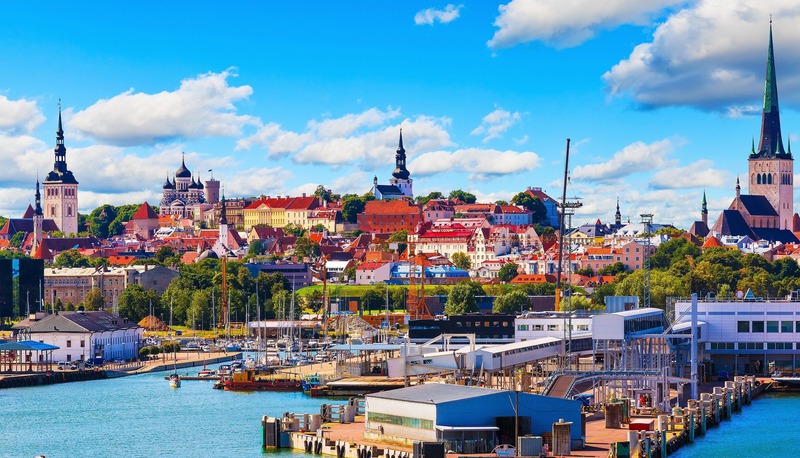
Estonia leads the world in cleanliness and sustainability, thanks to its extensive forest cover, effective use of bioenergy, and a strong focus on natural resource management. The country has set ambitious climate goals, including a 70% reduction in greenhouse gas emissions by 2030 and carbon neutrality by 2050.

Estonia achieved an 11.3% emissions reduction in late 2024, outpacing the rest of the EU, even as its economy grew. The capital, Tallinn, has become a beacon of urban sustainability, winning the ITB Earth Award 2025 for its zero-waste Song and Dance Celebration, which drastically cut single-use plastics and promoted circular economy practices.

Estonia’s environmental policies have also led to Europe’s cleanest air and ongoing investments in wind, solar, and energy storage. However, the country faces challenges in fully phasing out fossil fuels and balancing biomass production with forest conservation.
2. Luxembourg (EPI Score: 75.0)

Luxembourg stands out as a small nation with outsized environmental achievements, earning an EPI score of 75.0 in 2024 and a 4.1-point rise over the past decade. The country leads the world in water management, boasting a near-perfect score of 90.6 in Water Resources and an astounding 99.8 in Sanitation & Drinking Water. Over 55% of Luxembourg’s land is protected, contributing to a top-tier biodiversity score of 84.8.

The nation’s capital has pioneered green investments, while advanced wastewater treatment and strict EU-aligned standards keep pollution low. While Luxembourg excels in ecosystem vitality and heavy metal pollution control, it continues to work on reducing per capita greenhouse gas emissions and curbing tree cover loss.
3. Germany (EPI Score: 74.6)
.jpg)
Germany ranks third globally with an EPI score of 74.6 in 2024, marking a 4.4-point improvement over ten years. The country treats 100% of its urban wastewater, achieving a high 89.1 in Water Resources, and protects a significant share of its land and seas, reflected in its 82.4 Biodiversity & Habitat score.

Germany’s robust environmental policies are complemented by massive investments in green infrastructure and renewable energy. The nation’s cities are recognized for clean air, efficient public transport, and progressive urban planning. Germany’s approach demonstrates that sustainability can go hand in hand with industrial progress, though ongoing industrial emissions remain a challenge.
4. Finland (EPI Score: 73.7)
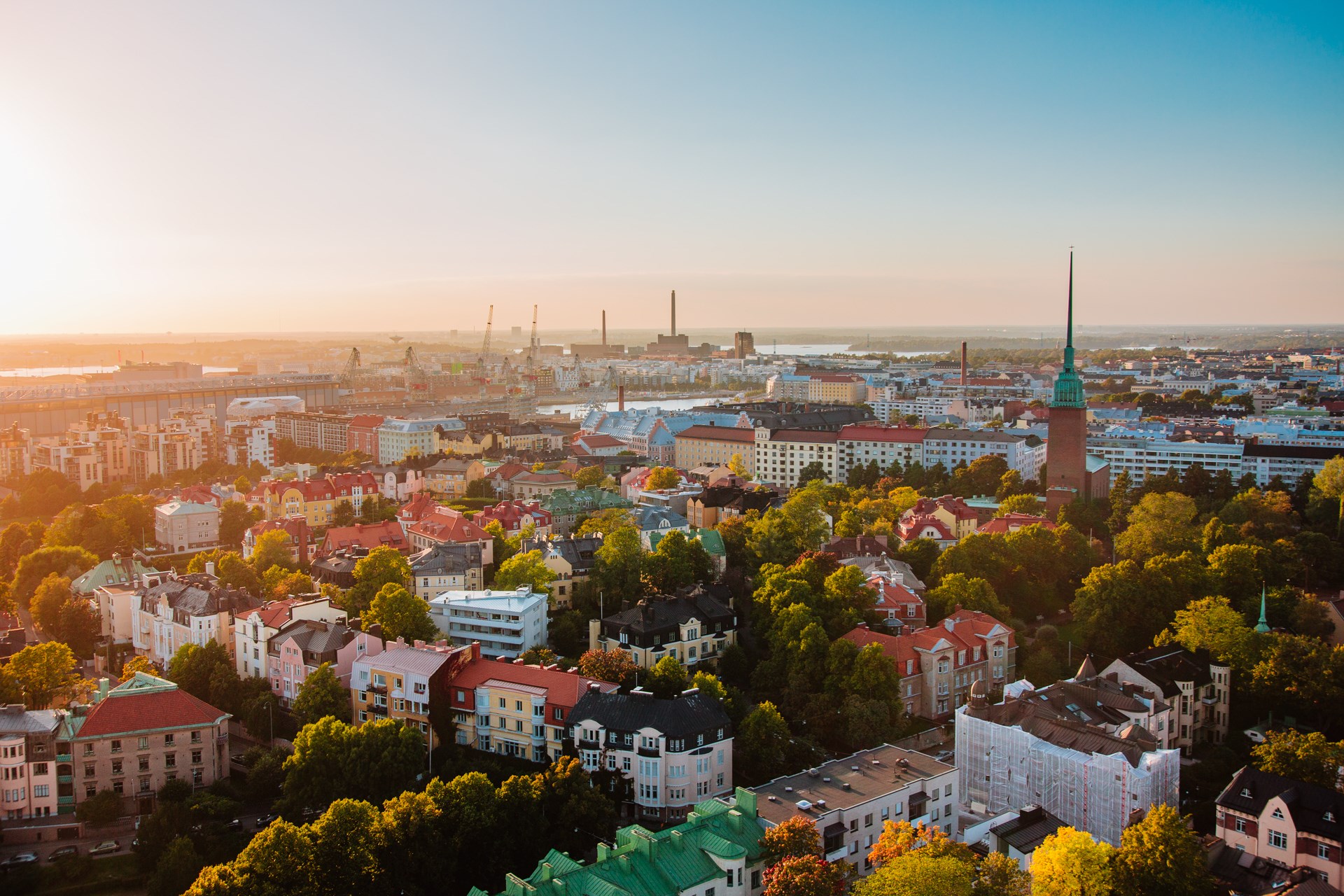
Finland secures the fourth spot with a 2024 EPI score of 73.7, though this reflects a slight decrease from its 2014 score. The country is a global leader in public health, scoring a perfect 100.0 in both Sanitation & Drinking Water and Heavy Metals. Finland’s well-managed forests, protected natural areas, and clean air contribute to its strong ecosystem vitality.

The nation’s deep cultural connection to nature is evident in its policies, which seamlessly integrate sustainability into daily life. Finland’s challenge lies in maintaining its high standards amid growing urbanization and climate pressures.
5. United Kingdom (EPI Score: 72.7)

The United Kingdom earns an EPI score of 72.7 in 2024, up by 2.1 points over the past decade. The UK has made significant progress in reducing carbon emissions, largely through aggressive wind energy deployment and expanded recycling programs. Urban green spaces and biodiversity conservation have improved city livability and environmental health.

The UK continues to update its climate policies to meet international targets, but faces ongoing challenges with air quality in some metropolitan areas and the need for further emissions reductions.
6. Sweden (EPI Score: 70.5)

Sweden ranks sixth with a 2024 EPI score of 70.5, showing a modest 1.6-point increase over ten years. The country’s energy mix is dominated by hydropower and wind, and it is a pioneer in negative emissions technologies.

Sweden’s cities are models of sustainable urban development, and the nation’s commitment to clean air, water, and biodiversity is unwavering. However, Sweden faces pressure to further reduce emissions from transportation and industry to meet its ambitious climate goals.
7. Norway (EPI Score: 70.0)
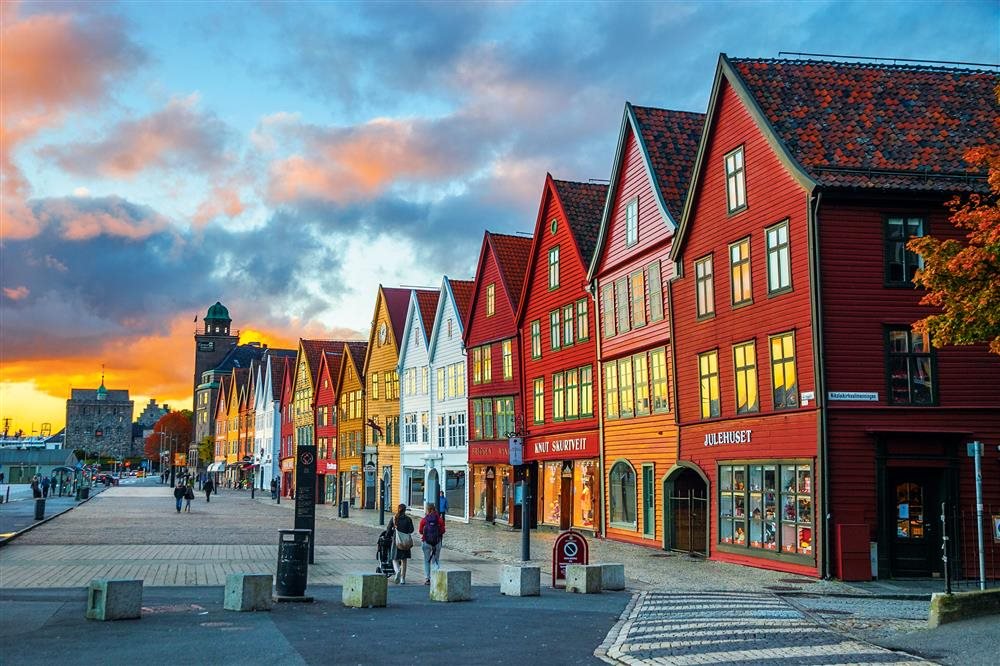
Norway holds the seventh position with a 2024 EPI score of 70.0, up 3.6 points over the last decade. The country boasts nearly universal access to clean drinking water and sanitation, and its electricity is almost entirely supplied by hydropower.

Norway’s proactive climate policies and investments in electric mobility and carbon capture have resulted in some of the world’s lowest per capita emissions. The country’s challenge is balancing oil and gas exports with its climate commitments.
8. Austria (EPI Score: 69.0)

Austria scores 69.0 on the 2024 EPI, reflecting a slight decrease of 0.3 points over ten years. The country excels in maintaining clean cities and countryside through strict agricultural and chemical regulations. Austria’s public transport system and urban planning support eco-living, while strong environmental laws ensure high water quality and effective waste management.

Austria’s challenge is to address areas of stagnation and reinvigorate progress on climate adaptation and emissions reduction.
9. Switzerland (EPI Score: 68.0)

Switzerland earns a 2024 EPI score of 68.0, up 1.8 points over the last decade. The country is renowned for its pristine landscapes, robust waste management, and advanced water treatment systems.

Switzerland’s environmental protection laws and public engagement in sustainability initiatives help maintain high living standards and ecological health. However, Switzerland must continue to innovate in renewable energy and reduce its ecological footprint to stay ahead.
10. Denmark (EPI Score: 67.9)
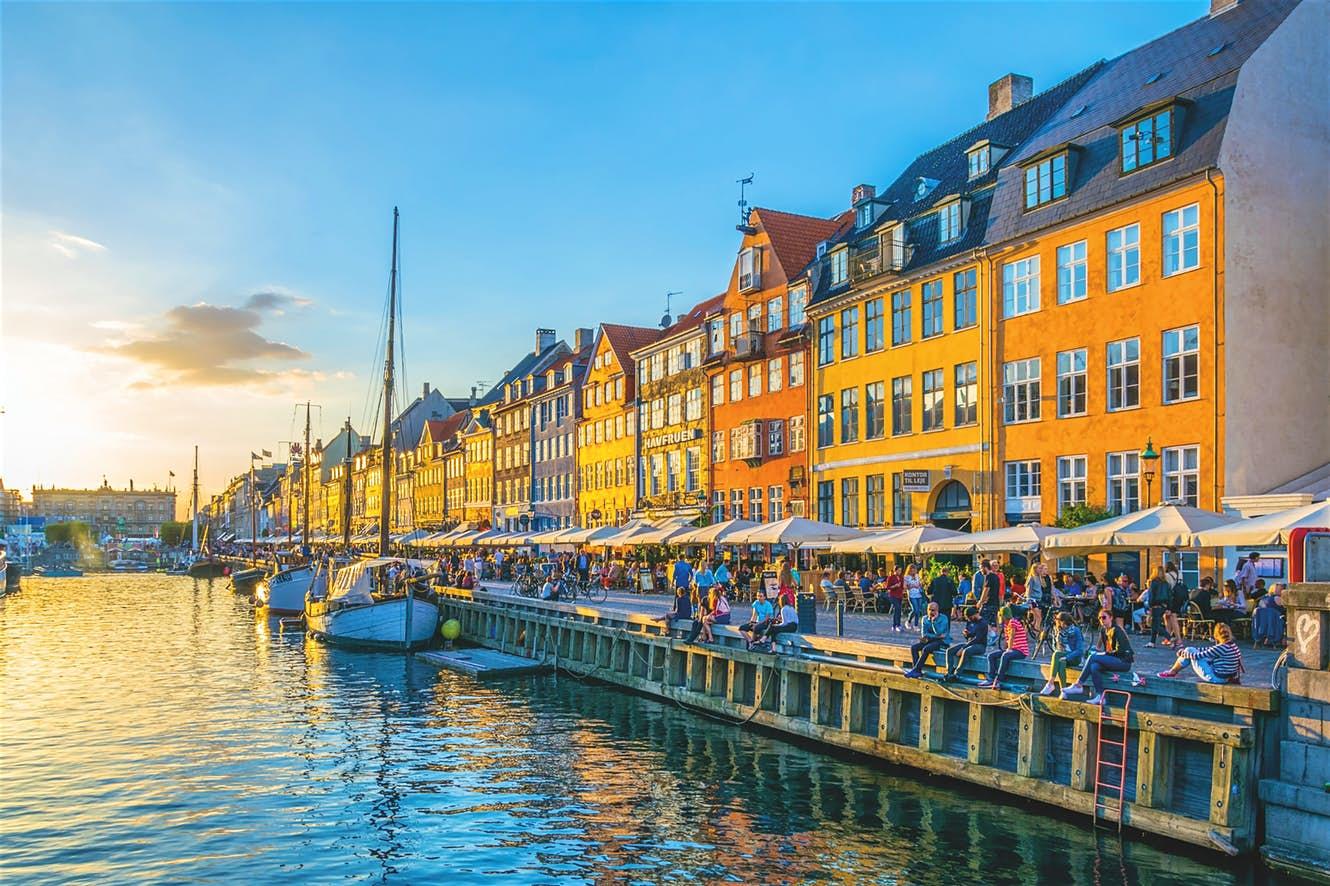
Denmark rounds out the top ten with an EPI score of 67.9 in 2024, a 1.7-point increase over ten years. The nation is a global leader in wind energy and urban planning that prioritizes cycling and green spaces. Denmark’s comprehensive recycling policies and low pollution levels make it a model for clean living.

The country’s ongoing challenge is to further cut emissions from agriculture and transportation while maintaining economic growth.
How Are These Rankings Determined?
Environmental Performance Index (EPI):
- Uses 58 indicators across 11 categories, including air quality, water and sanitation, biodiversity, habitat protection, and climate policy.
- Weights environmental health (40%) and ecosystem vitality (60%) to reflect both immediate human well-being and long-term sustainability.
- Draws data from the WHO, UN, and other global agencies, providing a scorecard for each country and highlighting leaders and laggards.
Climate Change Performance Index (CCPI):
- Assesses four main categories: GHG emissions (40%), renewable energy (20%), energy use (20%), and climate policy (20%).
- Uses 14 indicators, combining quantitative data (from IEA, FAO, UNFCCC) and qualitative expert assessments of national and international climate policy.
- Covers 63 countries and the EU, representing over 90% of global GHG emissions.
These indices are not just academic—they guide policy, inform investment, and help countries benchmark progress toward sustainability goals. High-ranking countries typically have strong regulatory frameworks, transparent governance, and engaged civil societies, making them attractive for sustainable business and investment.
Why Does This Matter?
- Policy Guidance: Countries use EPI and CCPI data to set targets, track trends, and refine environmental policies.
- Business and Investment: High scores signal a favorable environment for green investment and sustainable business operations.
- Public Health: Clean air, water, and effective waste management directly improve quality of life and reduce healthcare costs.
- Global Leadership: These nations serve as models for others striving to balance economic growth with environmental stewardship.
Summary point
As environmental challenges grow increasingly urgent worldwide, the achievements of these top 10 cleanest countries in 2025 offer both inspiration and a practical roadmap for sustainable development. Their success demonstrates that with visionary leadership, innovative technologies, and committed public participation, it is possible to safeguard natural resources, improve public health, and foster economic growth simultaneously.
By learning from their policies and practices, other nations can accelerate their own journeys toward a cleaner, greener, and more resilient future—ensuring a healthier planet for generations to come







.jpg)


.jpg)

.jpg)




.jpg)


.jpg)

























.png)


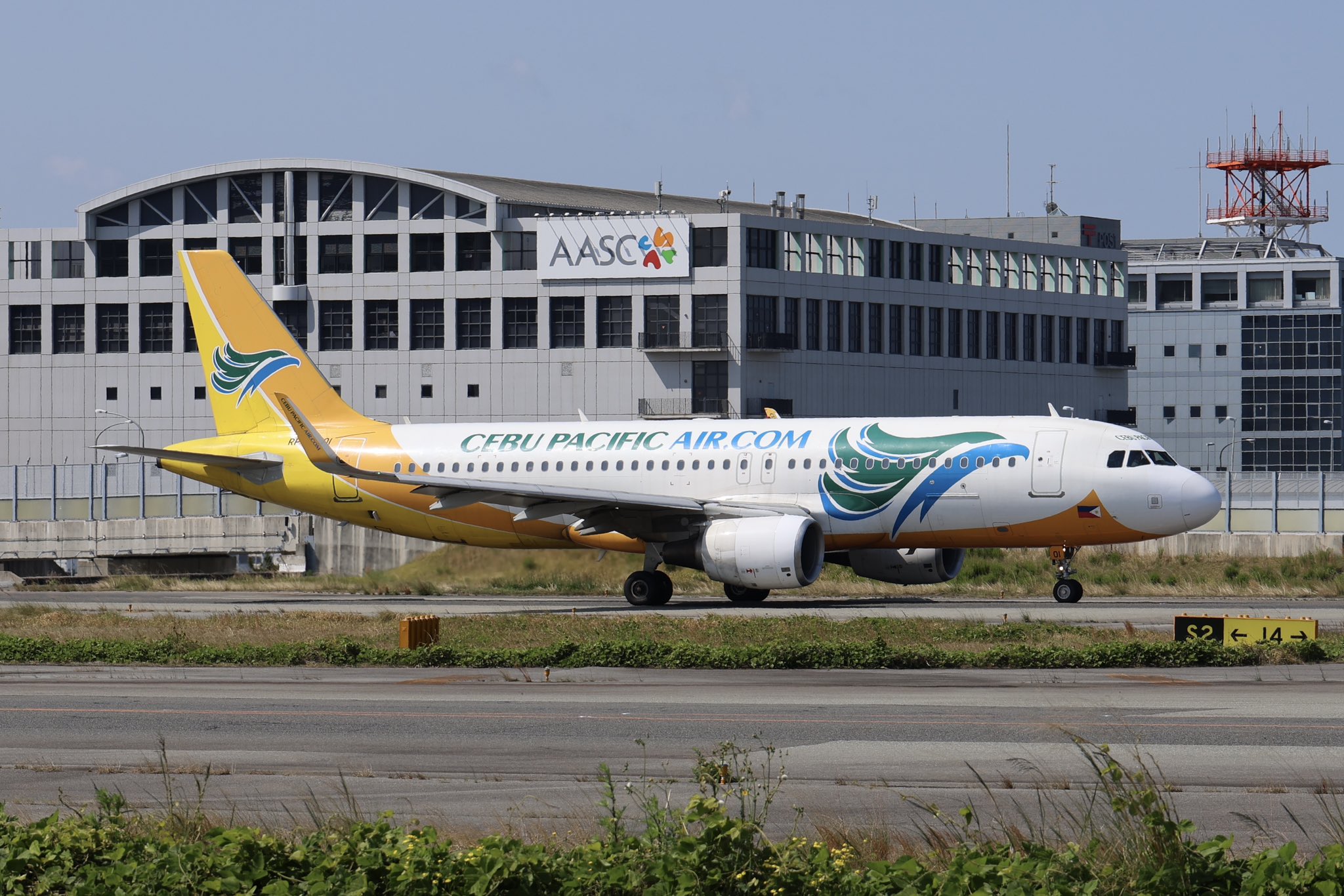
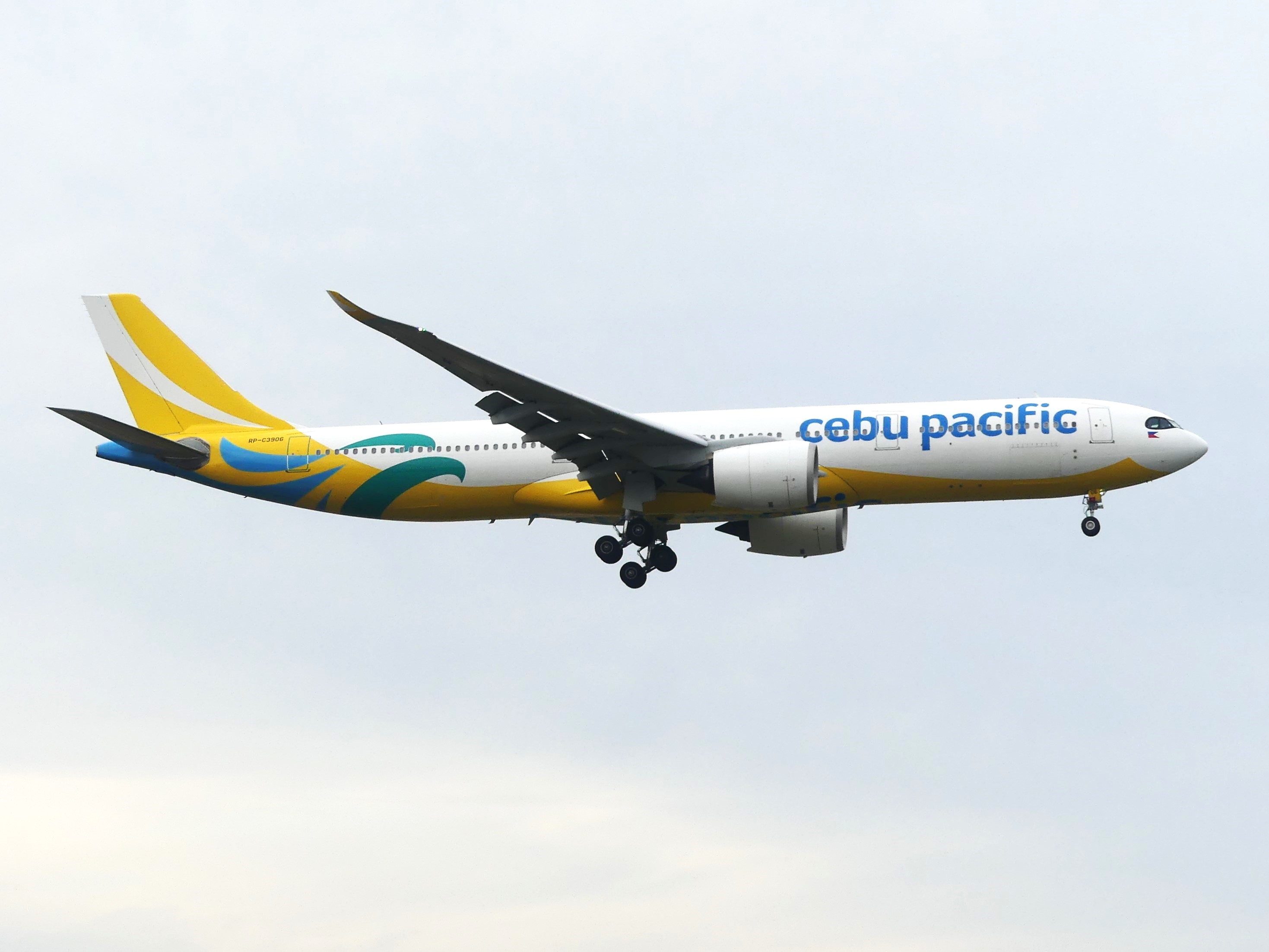

.jpg)

